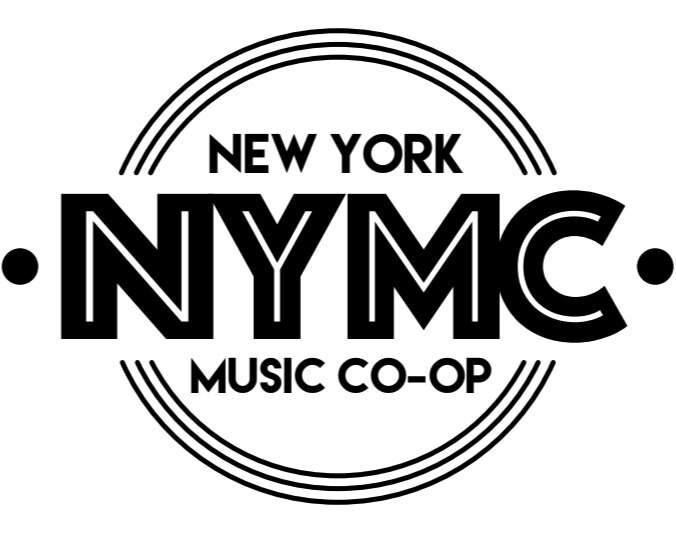3 Tools to Make Practice More Effective
One of the best things about playing an instrument is that we need nothing else—no desk, no distractions, not even an audience! When you can sit down with your instrument and play music, eyes closed, it’s a wonderful feeling. That said, when it’s time to practice, there are a number of tools that can help us learn music more effectively. When you take lessons and practice effectively, improvement comes fast!
1. Metronome - one of the oldest and most highly regarded devices for practicing music with a steady beat, the metronome comes in three basic forms: pendulum, digital, or app. Most digital and app metronomes feature a blinking light, but the basic functionality of producing a loud click sound at a specific tempo in BPM (beats per minute) doesn’t change. The co-op recommends that students buy an inexpensive digital metronome like a Dr. Beat DB-30 or Yamaha QT-1.
Many modern digital pianos include a built in metronome feature. See the manual or find a video on YouTube about your specific model to see if this is a feature
2. Tuner - Tuners allow us to check the pitch of the notes we play. Guitarists and bassists typically use them once at the beginning of playing and periodically during long sessions to keep the instrument in tune. Woodwind and brass players should practice long tones as well as music with a tuner in order to develop a steady pitch and good control in the embouchure (mouth muscles) and air support. One of our favorite metronome/tuner apps is Soundcorset.
3. Timer - A timer is not a specific music tool but having one in the practice room can be extremely helpful! When practice time for busy students is limited to 30-60 minutes a day, that time must be used effectively! For example, a high school saxophone student might spend 10 minutes a day on long tones, 20 minutes on scales, 20 on etudes, and 10 on freely playing the instrument or learning songs by ear. A timer can make it easier to spend enough time on less “fun” parts of practice and make it easier to measure progress. Sometimes we can get really in the zone and want to spend all of our available time on our favorite piece, but that pesky audition might require that we spend some time on other areas as well.
In combination with a practice log/journal these tools can make your practice time more effective and fun, but the most important thing is that practicing happens at all, so if something is getting in the way of making music, it’s okay to do whatever helps you focus.
No matter how you like to practice, private lessons with one of our outstanding teachers will help you advance faster.

